News

Aug 26, 2021
Researchers use stem cells to make insulin-producing pancreatic beta cells
The human body can be genetically inclined to attack its own cells, destroying the beta cells in the pancreas that make insulin, which helps convert sugar into energy. Called Type 1 diabetes, this disorder can occur at any age and can be fatal if not carefully managed with insulin shots or an insulin pump to balance the body’s sugar levels.
Full Article
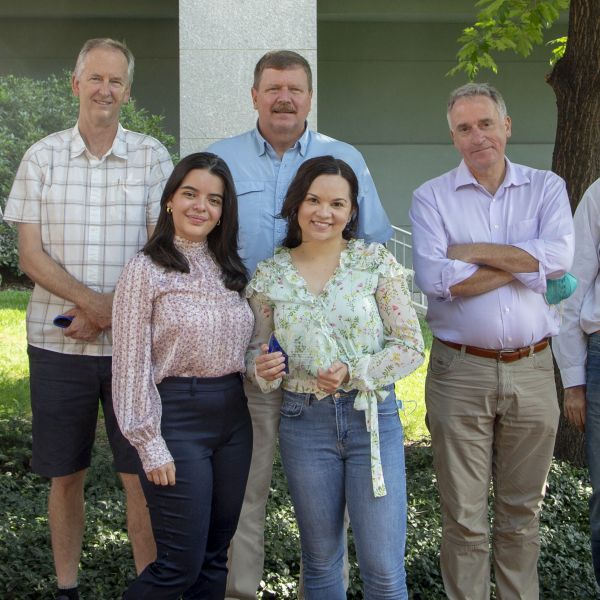
Aug 25, 2021
HGSAC Chair Thanked as Term Wraps Up
Outgoing Graduate Adviser to the Huck Institutes Maria Isabel da Silva was recognized by the Executive Board for her leadership during the COVID-hit 2020-21 Academic Year.
Full Article
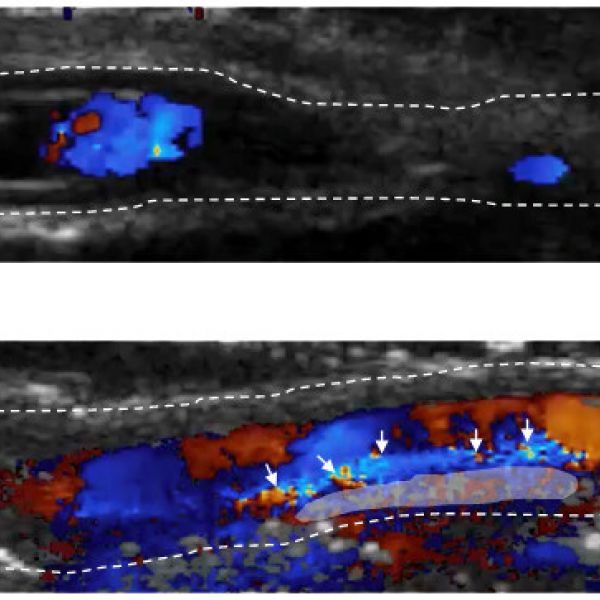
Jul 15, 2021
Engineers find imaging technique could become treatment for deep vein thrombosis
Penn State College of Engineering researchers set out to develop technology capable of localizing and imaging blood clots in deep veins. Turns out their work may not only identify blood clots, but it may also be able to treat them.
Full Article
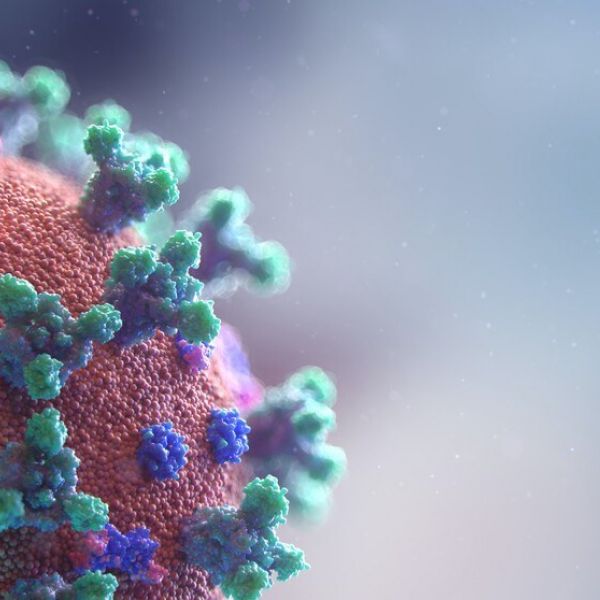
Jul 08, 2021
Fighting COVID with COVID
What if the COVID-19 virus could be used against itself? Researchers at Penn State have designed a proof-of-concept therapeutic that may be able to do just that. The team designed a synthetic defective SARS-CoV-2 virus that is innocuous but interferes with the real virus’ growth, potentially causing the extinction of both the disease-causing virus and the synthetic virus.
Full Article
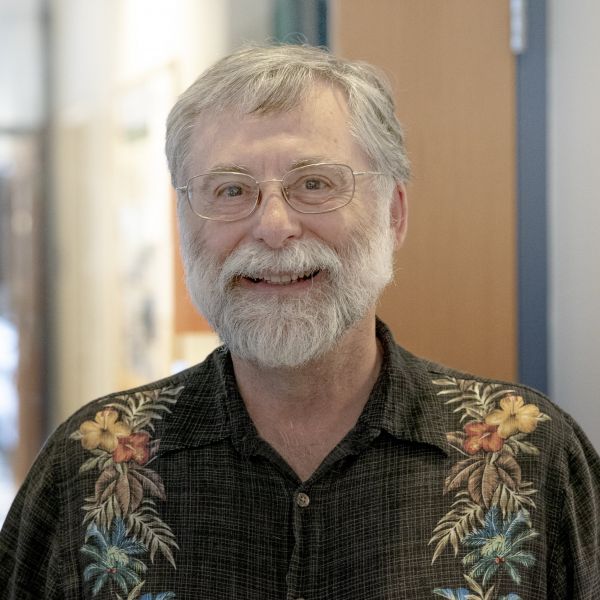
Jun 30, 2021
Claude dePamphilis named Huck Chair in Plant Biology and Evolutionary Genomics
Claude dePamphilis, Penn State Professor of Biology, has been named the Dorothy Foehr Huck and J. Lloyd Huck Distinguished Chair in Plant Biology and Evolutionary Genomics by the Huck Institutes of the Life Sciences.
Full Article
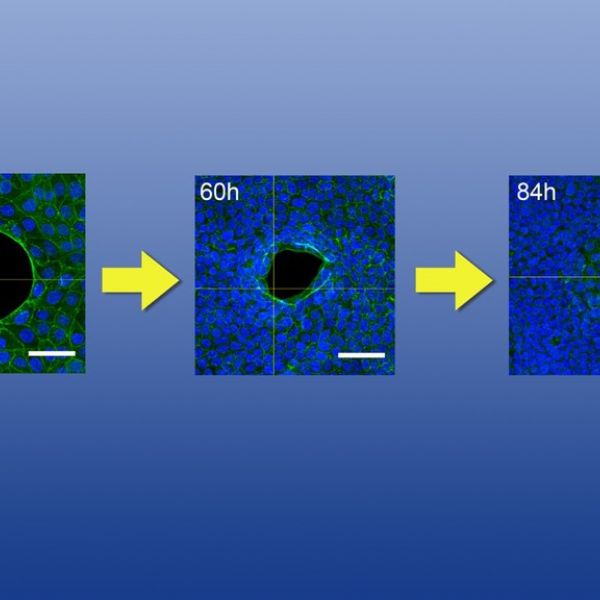
Jun 14, 2021
New tissue-closure model may aid in promotion of faster wound healing
The observation of a previously undetected biological mechanism for closing gaps in living tissue improves basic understanding of the wound-healing process and may one day inform strategies to speed healing after surgery.
Full Article
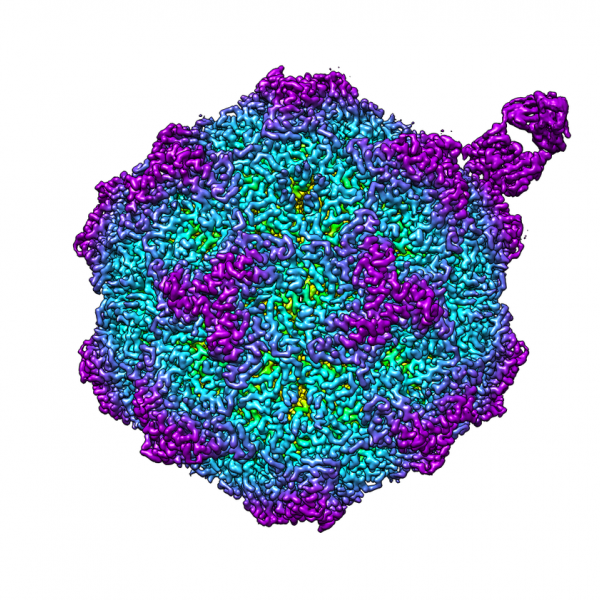
Jun 03, 2021
New images of canine parvovirus may help predict how virus jumps to new species
Canine parvovirus (CPV) is a highly infectious pathogen that causes severe diseases in unvaccinated dogs, including inflammation of the heart and acute gastrointestinal illness. Originating in cats, the virus is a rare example of a DNA-based virus that can jump between species, and a team of researchers’ discovery may help in predicting this and the virus’ ability to evolve, which could have implications for current vaccines used in dogs.
Full Article
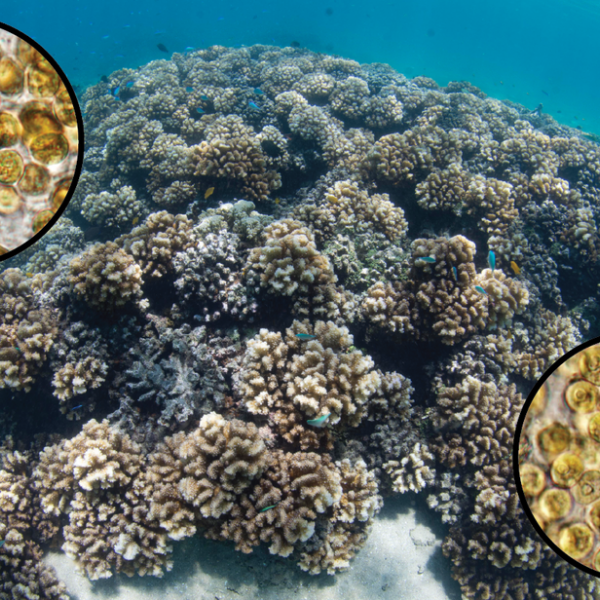
May 27, 2021
Widespread coral-algae symbioses endured historical climate changes
One of the most important and widespread reef-building corals, known as cauliflower coral, exhibits strong partnerships with certain species of symbiotic algae, and these relationships have persisted through periods of intense climate fluctuations over the last 1.5 million years, according to a new study led by researchers at Penn State.
Full Article
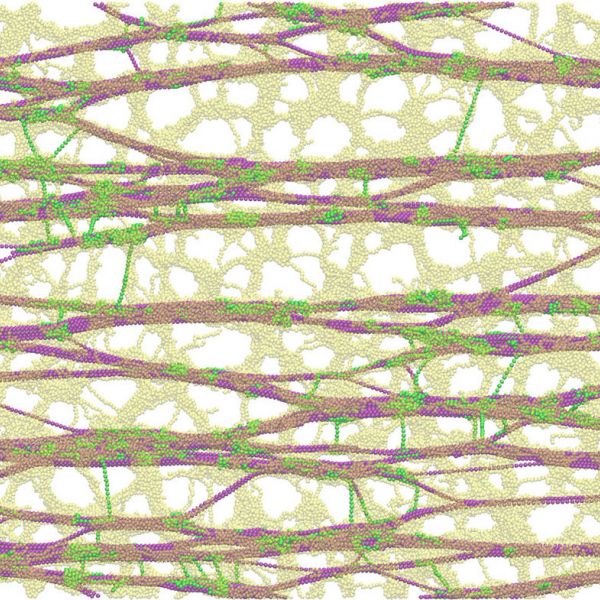
May 17, 2021
What makes plant cell walls both strong and extensible?
A plant cell wall’s unique ability to expand without weakening or breaking — a quality required for plant growth — is due to the movement of its cellulose skeleton, according to new research that models the cell wall.
Full Article
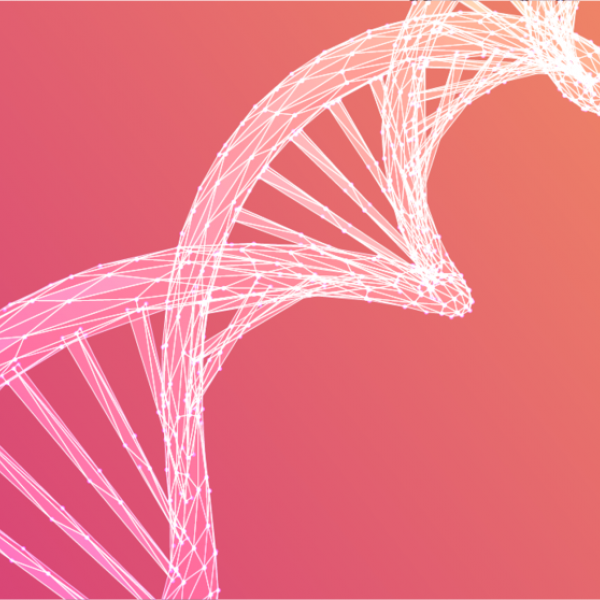
Apr 22, 2021
Bypassing broken genes
A new approach to gene editing using the CRISPR/Cas9 system bypasses disease-causing mutations in a gene, enabling treatment of genetic diseases linked to a single gene, such as cystic fibrosis, certain types of sickle cell anemia, and other rare diseases
Full Article